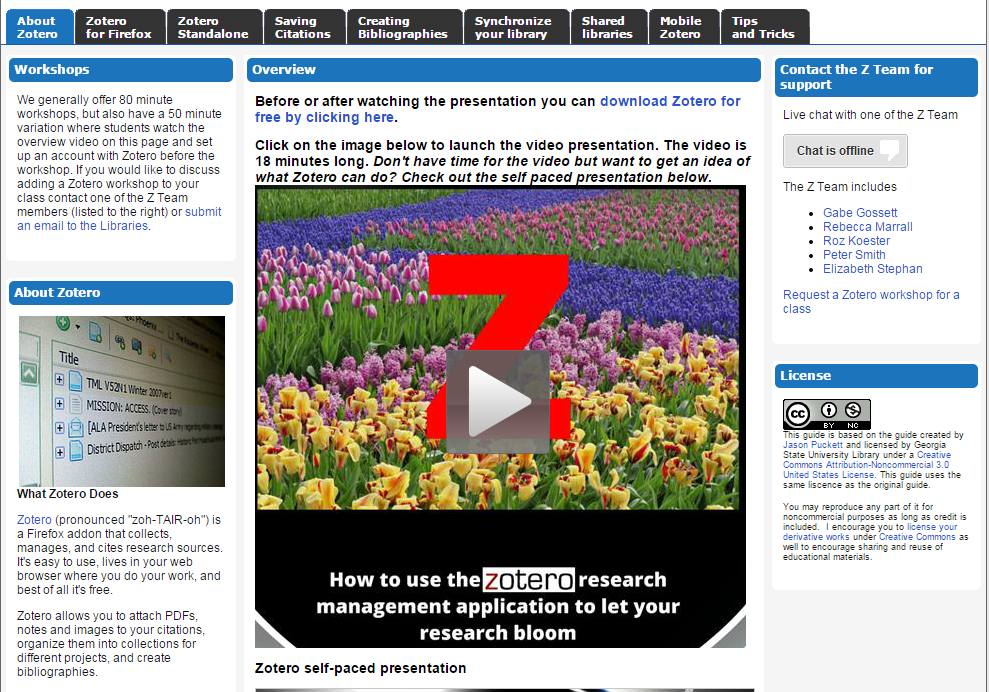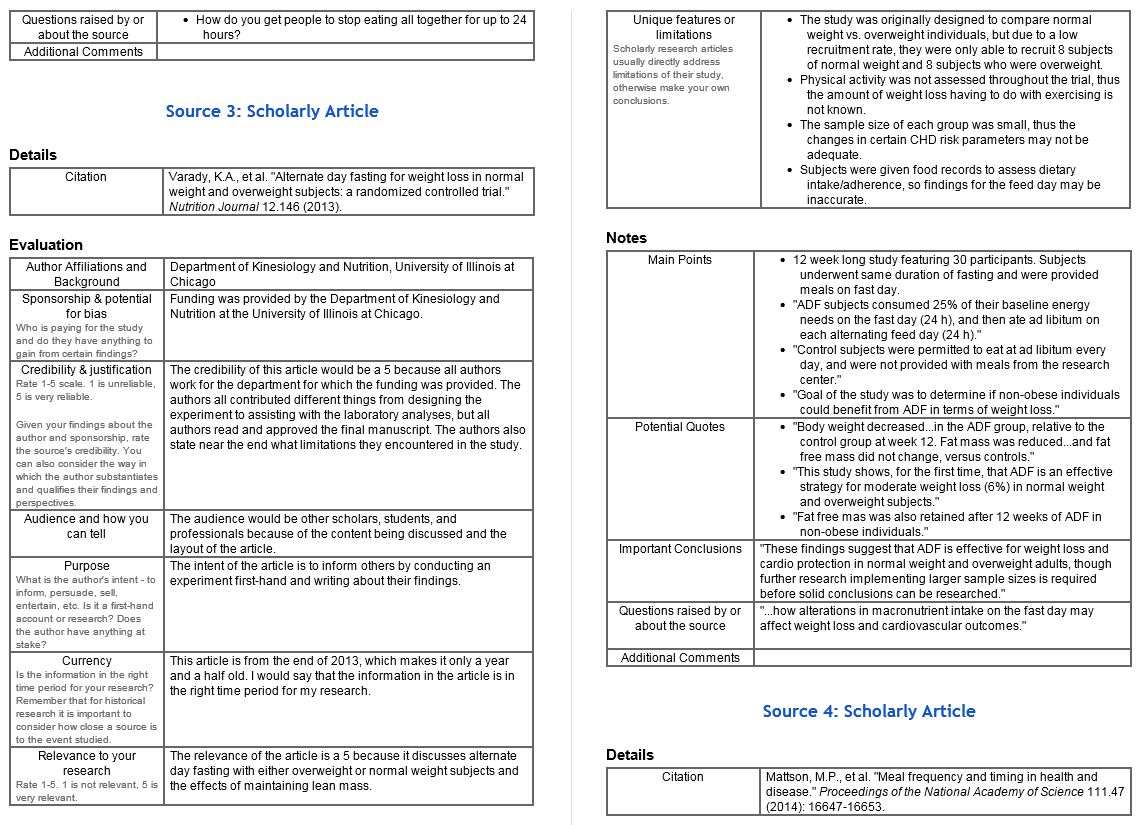Shaping Research Skills in Online Courses
By Gabe Gossett
Shaping Research Skills in Online Courses
Teaching online credit courses is a great way for librarians to work with students to develop their research skills. This presentation will illustrate how librarians can address these students’ needs through classes that utilize instructional techniques and tools that focus learning on the research process in addition to research products. The first part of the presentation will review recent themes in online research instruction. In the second part the presenter will provide examples from his own teaching using Googledocs and Zotero in an undergraduate online course. After attending this presentation attendees will be able to: -Understand current themes in librarian-delivered credit instruction. -Recognize ways in which online collaboration tools can be implemented in support of intensive research learning focused on process rather than research products. -Assess the strengths and weaknesses of a document-based intensive teaching and learning feedback process.









